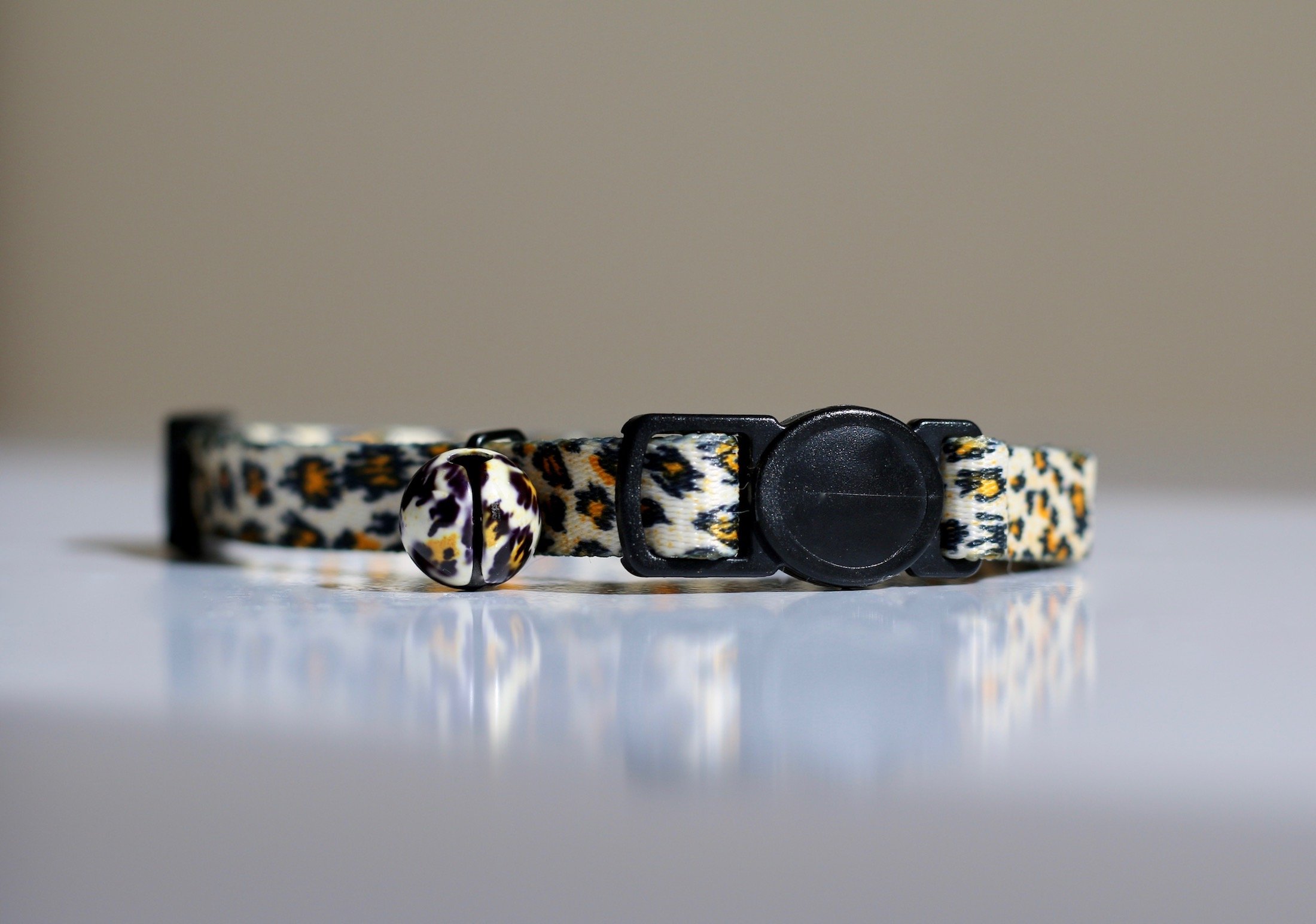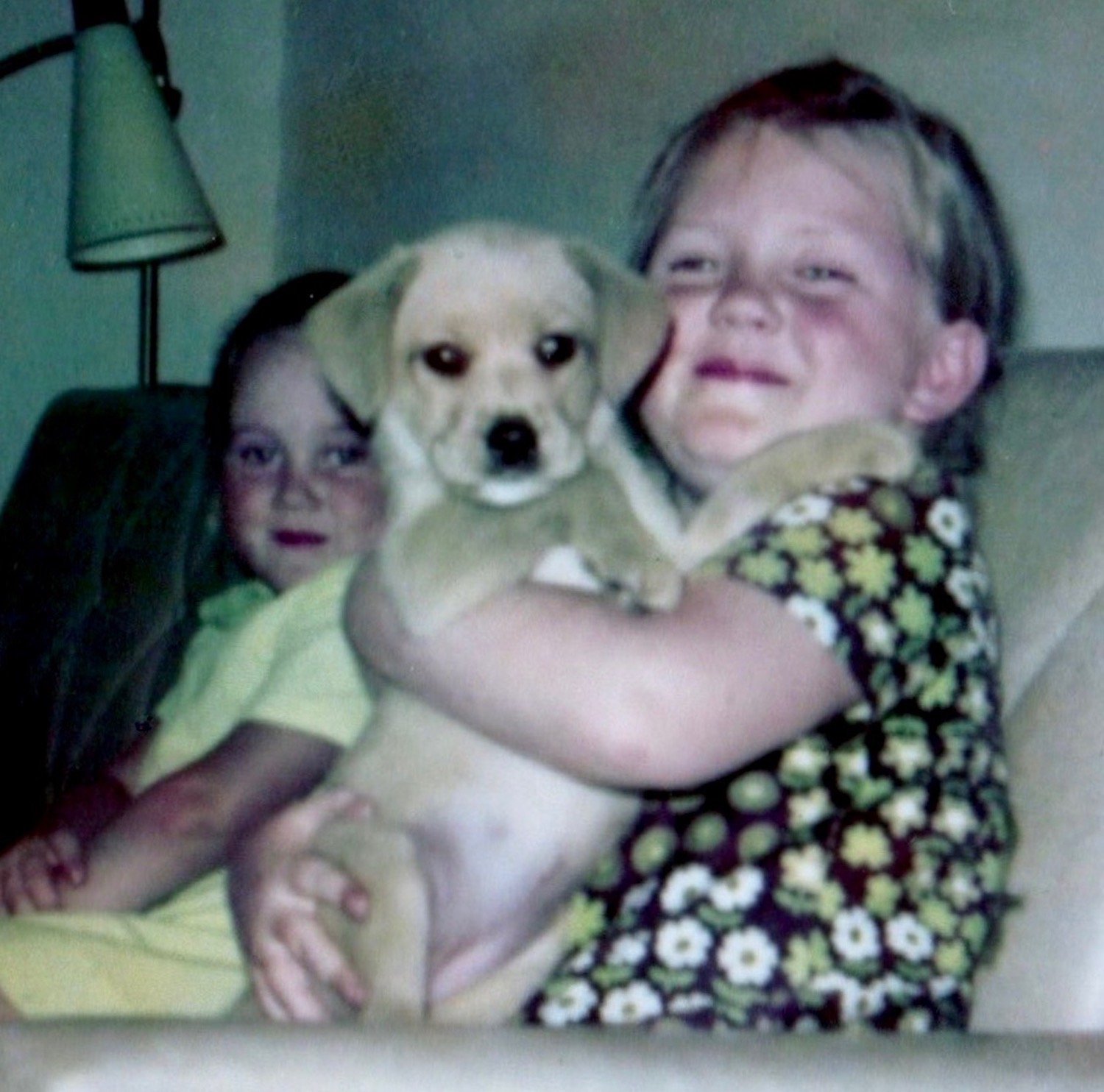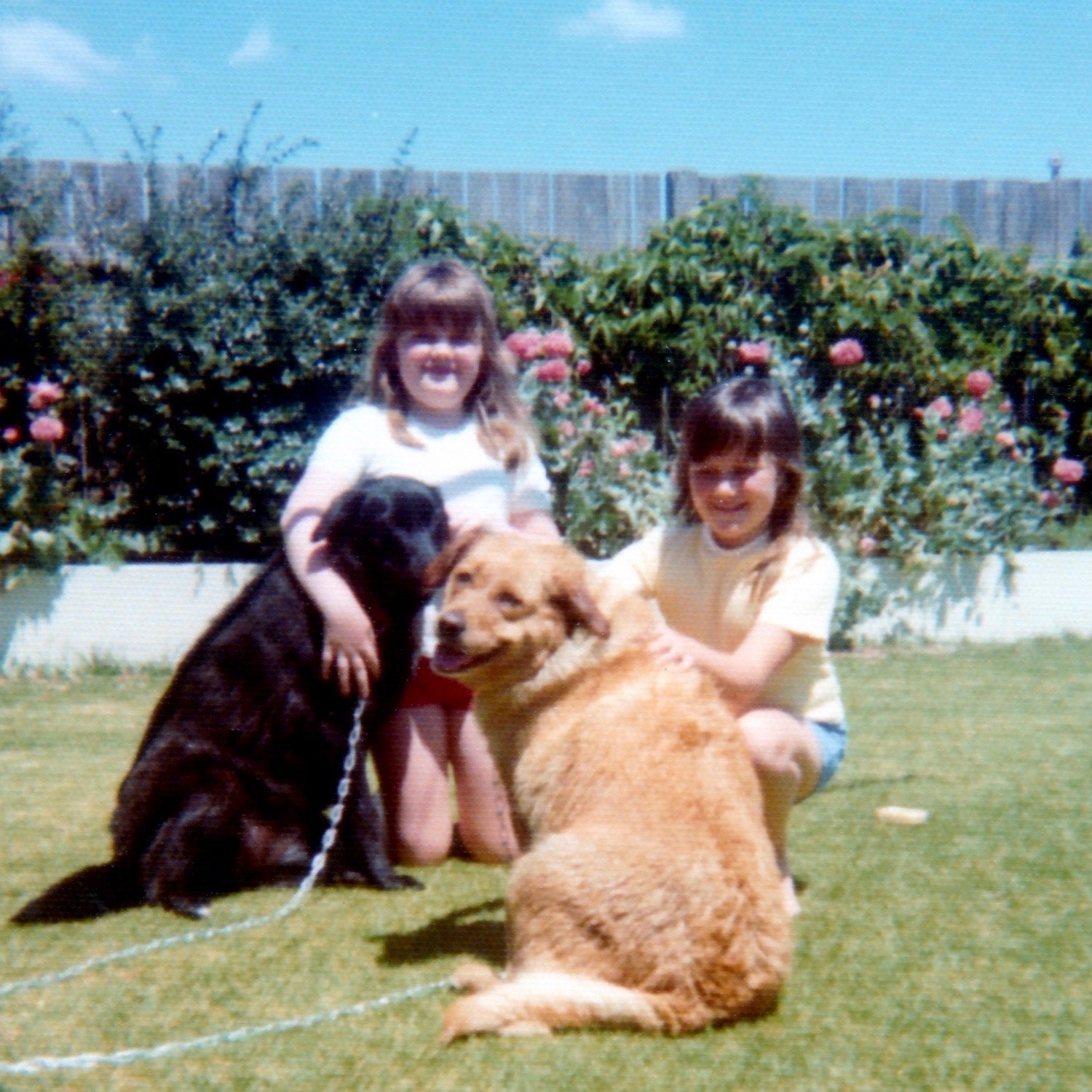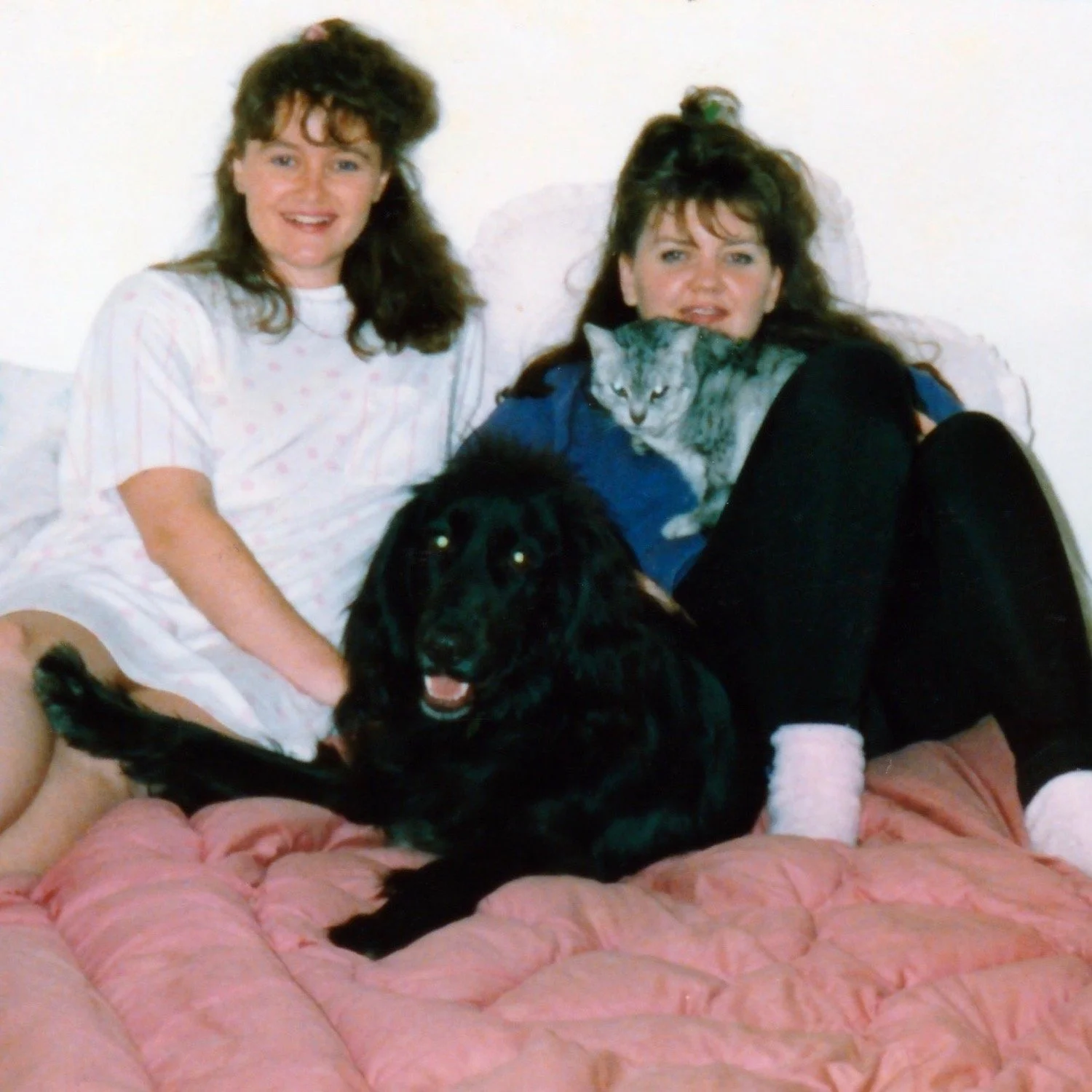When it’s time to say goodbye…
Most of us outlive our pets but for many, the first experience of profound loss is during childhood when we say goodbye to a furry best friend.
We never completely forget that first, truly awful experience. Or, having formed a deep and lasting attachment to our pet, how difficult it was to process such confusing, unfamiliar emotions. If it happened to you, I’ll bet you’re nodding in agreement. Perhaps even shedding a tear…
Various factors shape our grief and whether we are parted through physical separation or the finality of death, the loss of a much-loved pet is a heartbreaking experience.
Grief is the process of adjustment to loss. Although we all mourn in different ways, we tend to share very similar patterns of response. For most of us, whether we are six or sixty, it is a time when we require emotional and often practical support.
Complementary healing therapies can bring calm and comfort not only to our animals as they approach the end of their lives but also to those left behind, struggling with the loss.
Grief is loss
When we talk about grief, it’s most commonly associated with death. But really, grief is about loss and in many situations, we can begin to grieve long before a loss occurs.
Most commonly, we notice that our pets are slowing down, sleeping more, showing less interest in their food and play. Gradually, they begin to withdraw and we sense the shift in their energy.
In other situations, we can receive an unexpected diagnosis and suddenly, time with our beautiful animal companion is limited.
A common response is one of anticipatory grief. It arrives and lurks like an invisible stalker causing worry, stress and anxiety. We can begin to feel an unsettling imbalance of emotional, mental and physical health.
Too often, we must help our pets to leave us and for most pet owners, not only is the loss of their presence and companionship unbearable, the guilt associated with ending a pet’s life is equally difficult to reconcile. Even when we know it is the kindest way to end their suffering.
Increasing financial pressures or redundancy might make it impossible for others to continue caring for a pet. This has become a common occurrence in the UK where pandemic fallout and rising living costs have left pet owners with no option but to give-up their precious pets.
Our animal charities and rescue centres continue to be inundated with pets for adoption or left abandoned, a heartbreaking situation for all concerned.
An older person may be considering residential care where pets are not permitted.
When couples separate, who gets custody of the adorable pooch that both parties love equally?
All very difficult decisions to make in already challenging situations.
It’s so important to receive support during this time. But generally, these emotions are not recognised or validated by others because the loss has not yet occurred. Or, there is judgement from those who don’t understand the depth of the attachment. Others are simply lacking in empathy.
In some cases, a loss can occur suddenly and is usually accompanied by prolonged shock or trauma. Road traffic accidents, enforced euthanasia, acute medical conditions and straying. Theft is becoming increasingly common too.
Consider also the personal circumstances of the bereaved and there will be numerous ways of dealing with the loss of a pet. Or not dealing with it at all.
Grief is normal
Grief can manifest in a variety of ways. The volume of our tears is usually oceanic. Gentle sobbing can quickly escalate to a deafening howl. Sleep, a small miracle if you manage it at all when your head is swimming with recurring thoughts, anger, confusion and the attachment of blame to anyone who might have contributed to the outcome.
As we continue to process the circumstances of our loss, a variety of emotions emerge such as shock, denial, guilt and depression. It is not unusual to become socially isolated, withdrawing from friends, family and colleagues.
All of these reactions are natural, completely normal and most people experience a combination of several responses simultaneously.
Understandably, the bereaved can feel overwhelmed, out of control, unable to function and very often, completely alone.
Although social attitudes are changing and we are generally becoming more mindful, pet loss remains unrecognised as bereavement.
In the workplace, most employees are offered paid compassionate leave following the death of a (human) family member. There is no obligation or policy in place when a pet dies. And for many, reactions to pet loss can be as intense as those for human family members. But their grief is disenfranchised.
This social conditioning can leave pet owners convinced their reactions are abnormal. Of the bereaved I have personally supported following the loss of a pet, a high proportion said their grief was all-consuming. They felt that they were losing control of their lives, general health and their sanity.
Seeking support and fully expressing emotions early in the bereavement process in a supportive, healing space will help prevent these outcomes.
This is especially important for those without the support of a family, friends or if they are vulnerable due to past and especially recent losses. These individuals are more likely to develop complicated reactions to their grief.
Find support that works for you
A number of animal charities offer helpful, sensitive bereavement support. Most importantly, they listen. Bereavement staff, very often volunteers, receive comprehensive bereavement training.
All advisors have personal experience of pet loss and understand the sorrow of those requiring help.
In periods of emotional turmoil, holistic therapies can also help to support pet guardians when they have no option but to make the most heartbreaking decisions.
Reiki and Bach Flower Remedies allow those experiencing grief to find a calm place within. When balance is restored, it becomes possible to move forward with those painful decisions or make plans for a changed future without beloved pets.
Reiki helps to unblock energy, create flow, encourage recovery and ultimately, brings peace.
In a contact healing treatment, a Reiki practitioner can identify emotional pain and blockages which sometimes manifest as physical ailments. A broken heart and an exhausted mind often results in a broken, exhausted body.
Bach Flower Remedies may also enhance contact healing by bringing heightened emotions back into balance.
In most cases, Star of Bethlehem is the Bach remedy selected for grief and loss but Honeysuckle or Walnut may be more appropriate for some. Rescue Remedy is extremely helpful in traumatic circumstances or during times when grief strikes like a mega-tsunami.
A Bach consultation is advisable to ensure the most appropriate recommendation is made for you or your pet.
Healing therapies provide safe, gentle options which help to process emotions, release tension, provide perspective and come to terms with loss.
The bereaved begins to accept the outcome, work through the grief, adjust to the changed home environment and establish some emotional distance from the deceased.
In a more positive state, it becomes possible to move forward with life ensuring that other family members including surviving pets are included and feel equally valued.
Remember them well
While some emotional distance is important for future happiness, encouraging an ongoing relationship with the deceased can also be helpful for many, especially in the early stages of loss. This continues the special bond and celebrates the pet’s life with gratitude and enduring love.
The bereaved may like to host a memorial service for the family and friends, plant a beautiful tree or flower in memory of their pet, frame a favourite photo or create a memory box containing toys, clippings of fur, paw prints, milk teeth etc.
This approach is especially helpful to children experiencing loss for the first time as they adjust to the absence of their cherished friend. The pet is remembered well and happy memories are shared.
A healer may also offer their gift in this setting, perhaps a meditation during a ceremony honouring the life of this special family member. This can be particularly helpful when the death has been traumatic and the owner or family were unable to say their goodbyes.
The emotional impact of pet loss on surviving pets should not be underestimated. A healer can also assist remaining pets who are struggling with the loss of their animal companion or in other cases, grieving for their human while adjusting to an alternative home environment.
Life is our healing space
With loss comes pain but with time and the help of friends, family and whatever healing support works for you, eventually sadness is replaced by the happiest of memories and we are smiling again.
Healing is restorative to the mind, body and spirit. It can replenish our reserves of emotional and physical strength. Sadness can be transformed to joy and gratitude for the privilege of sharing the life of a beautiful animal.
The relationship with a pet is a precious thing. Loss is a completely unique experience for each and every one of us.
If you’re going through it, be kind to yourself. Go into nature. Breathe. There’s no rule book. Take your time to heal.
And remember that those we have loved and lost are always with us.
In loving memory of Susie, Misty, Tiger, Cuddles, Scamp, Cindy, Satin, Bonny, PC (Pussy Cat), Jazz, Muffy and Candy.
Recommended Pet Bereavement Support Services:
Blue Cross - PBSS
https://www.bluecross.org.uk/pet-bereavement-and-pet-loss
Cats Protection - Paws to Listen
https://www.cats.org.uk/what-we-do/grief






